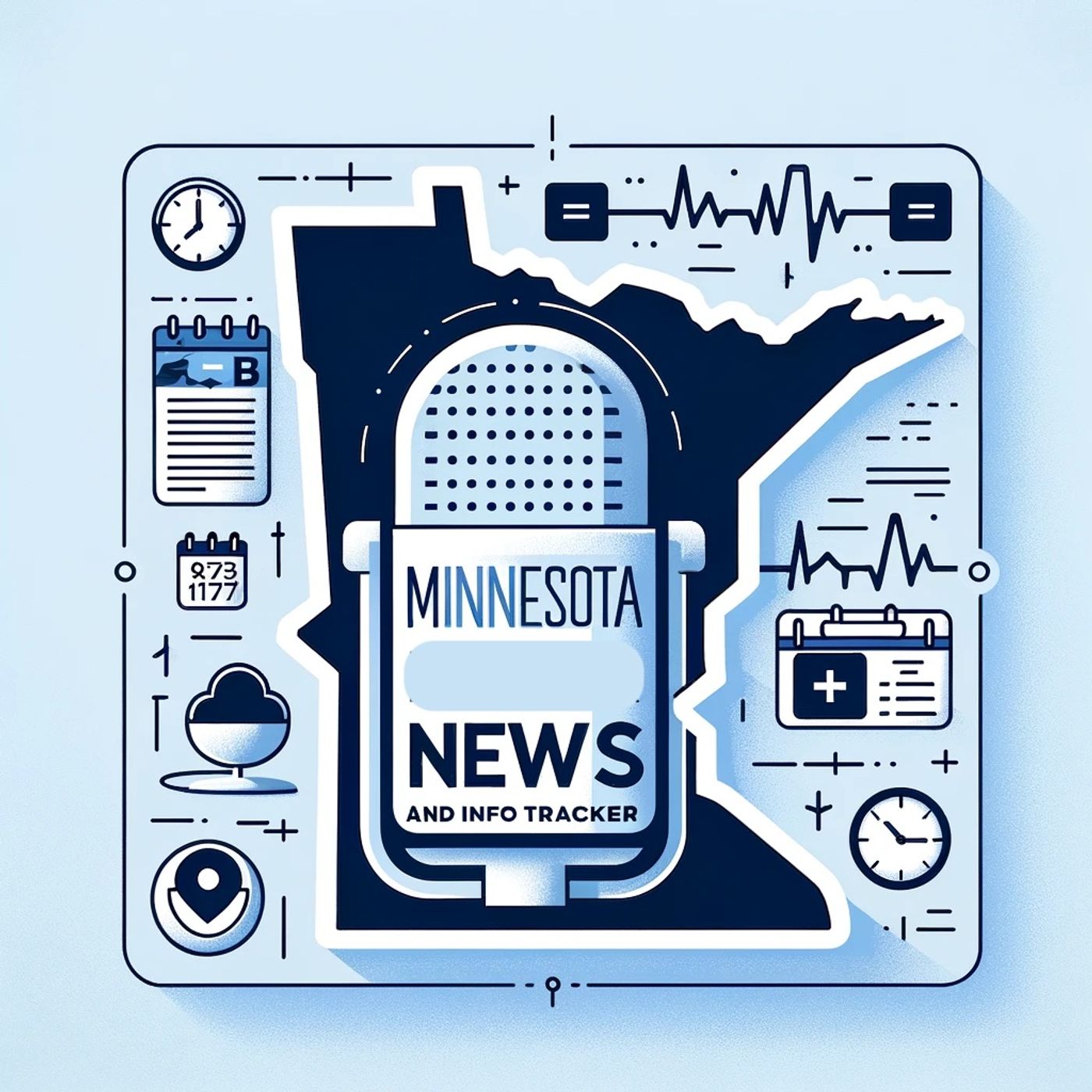Jan 28 2025 2 mins
Minnesota is navigating a complex start to 2025, marked by significant political, economic, and environmental developments.
The state legislature began its 94th biennial session on January 14, 2025, under unusual circumstances. The Senate is temporarily evenly split due to the untimely passing of former Majority Leader Sen. Kari Dziedzic, leading to a power-sharing agreement between DFLers and Republicans[2]. This dynamic is expected to change following a special election on January 28 to fill Sen. Dziedzic’s seat.
In local government news, the Metropolitan Council approved changes to simplify and lower public transportation fares, effective January 1, 2025[1]. This move aims to make public transit more accessible and affordable for residents.
On the economic front, the National Federation of Independent Business (NFIB) has outlined its 2025 legislative priorities for Minnesota small businesses. Key focuses include pursuing reforms to the Minnesota Paid Family & Medical Leave Program and providing small businesses with tax relief[3]. These efforts aim to alleviate the financial burdens on small employers and foster a more competitive economy.
Community news highlights include the development of an LGBTQ+ mental health program in Minneapolis, with $25,000 allocated from the 2025 budget[1]. Additionally, the Minneapolis Park and Recreation Board is recovering from a cyberattack that affected its phone lines[1].
Weather-wise, Minnesota is experiencing colder-than-normal temperatures in January, with highs in the teens and single digits for the first half of the month[4]. This frigid forecast is beneficial for ice fishing tournaments and backyard ice skating rinks.
Looking Ahead:
- The special election to fill Sen. Dziedzic’s seat on January 28 is expected to restore the DFL majority in the Senate.
- The jury trial of Sen. Nicolle Mitchell, facing burglary charges, has been postponed and will likely impact Senate proceedings.
- Governor Walz’s proposed biennial budget and capital investment package are anticipated to be key legislative priorities in the coming weeks[2].
- The Minnesota Legislature must pass a two-year budget before July 1, 2025, amidst ongoing partisan wrangling.
The state legislature began its 94th biennial session on January 14, 2025, under unusual circumstances. The Senate is temporarily evenly split due to the untimely passing of former Majority Leader Sen. Kari Dziedzic, leading to a power-sharing agreement between DFLers and Republicans[2]. This dynamic is expected to change following a special election on January 28 to fill Sen. Dziedzic’s seat.
In local government news, the Metropolitan Council approved changes to simplify and lower public transportation fares, effective January 1, 2025[1]. This move aims to make public transit more accessible and affordable for residents.
On the economic front, the National Federation of Independent Business (NFIB) has outlined its 2025 legislative priorities for Minnesota small businesses. Key focuses include pursuing reforms to the Minnesota Paid Family & Medical Leave Program and providing small businesses with tax relief[3]. These efforts aim to alleviate the financial burdens on small employers and foster a more competitive economy.
Community news highlights include the development of an LGBTQ+ mental health program in Minneapolis, with $25,000 allocated from the 2025 budget[1]. Additionally, the Minneapolis Park and Recreation Board is recovering from a cyberattack that affected its phone lines[1].
Weather-wise, Minnesota is experiencing colder-than-normal temperatures in January, with highs in the teens and single digits for the first half of the month[4]. This frigid forecast is beneficial for ice fishing tournaments and backyard ice skating rinks.
Looking Ahead:
- The special election to fill Sen. Dziedzic’s seat on January 28 is expected to restore the DFL majority in the Senate.
- The jury trial of Sen. Nicolle Mitchell, facing burglary charges, has been postponed and will likely impact Senate proceedings.
- Governor Walz’s proposed biennial budget and capital investment package are anticipated to be key legislative priorities in the coming weeks[2].
- The Minnesota Legislature must pass a two-year budget before July 1, 2025, amidst ongoing partisan wrangling.
